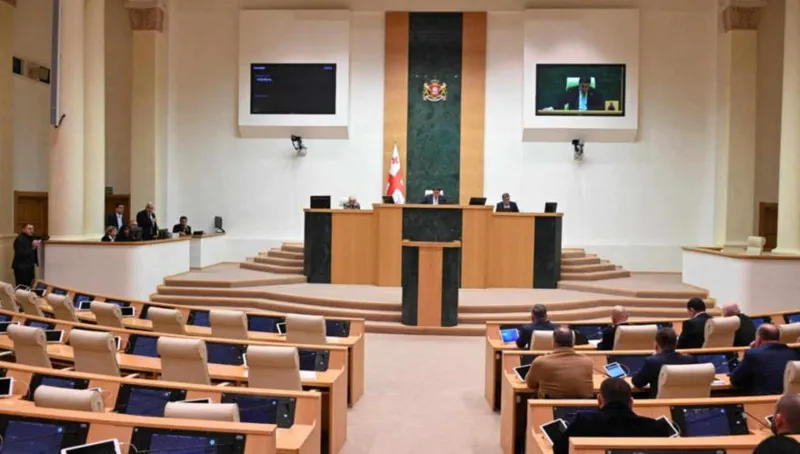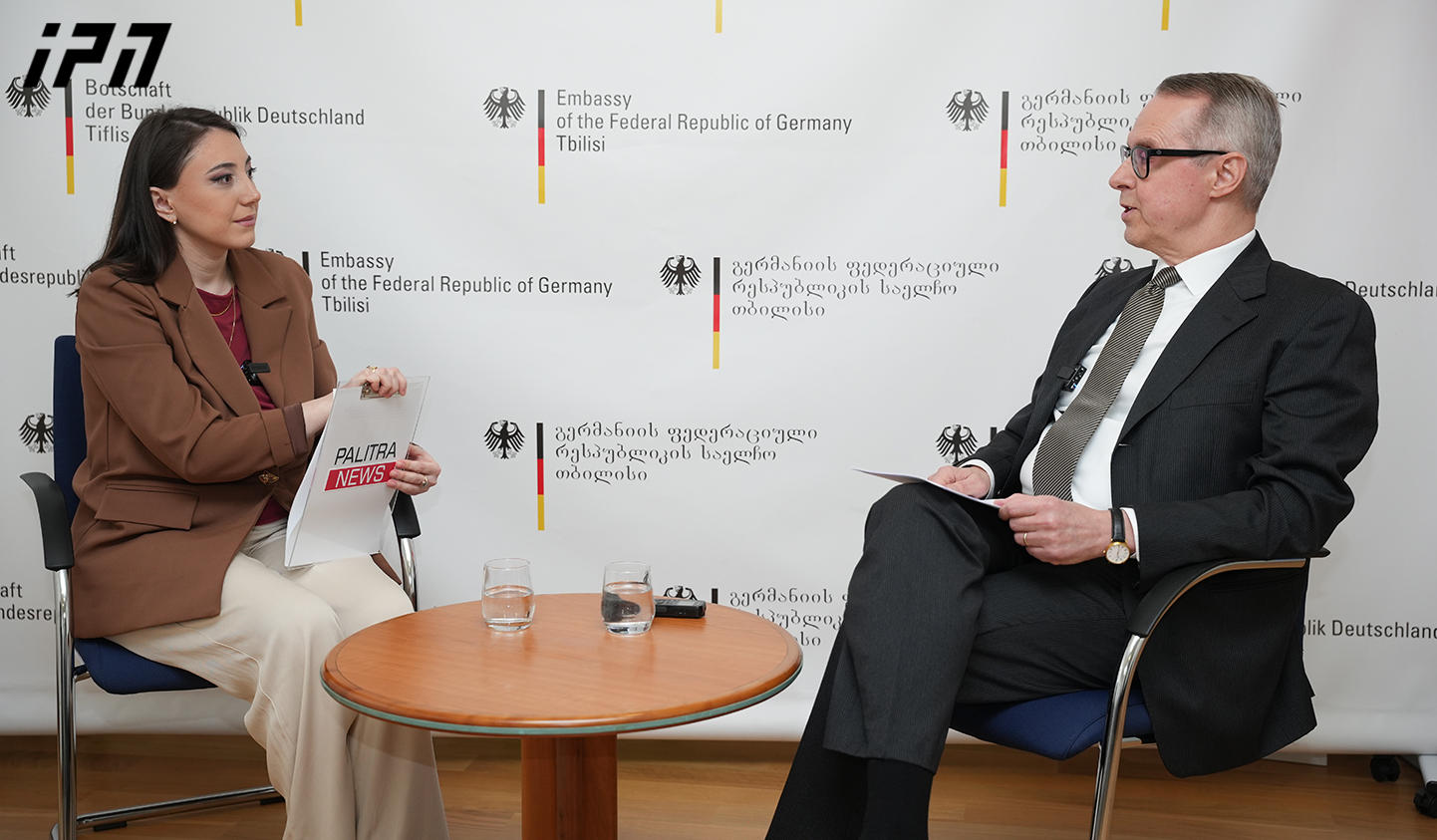Parliament's statement: The new U.S. Administration and NATO view the integration of Ukraine and Georgia into NATO as unrealistic even in the medium term – In such circumstances, excessive activism is pointless

The new U.S. administration and NATO consider the integration of Ukraine and Georgia into NATO unrealistic even in the medium term — under such circumstances, excessive activism on Georgia’s part is meaningless, according to the statement adopted by the Georgian Parliament in response to the U.S. House of Representatives' “MEGOBARI Act.”
In this context, the parliamentary statement emphasizes that the accusation against the Georgian government of “blocking Euro-Atlantic integration” is unfounded.
The statement also notes that Georgia has encountered an artificial barrier on its path to European integration.
“In 2017, it was the current government that amended the Constitution of Georgia to define integration into Euro-Atlantic structures as a national objective — a move not supported by any of the opposition parties represented in Parliament at the time.
Georgia has always demonstrated full readiness for Euro-Atlantic integration, yet in response it has received a reserved stance from its partners. This means that it was not the government creating artificial obstacles to Georgia’s European integration, but rather partner countries. Despite this attitude, Georgia achieved all tangible progress on its integration path under the current government. Specifically, in 2014, the Association Agreement and the Deep and Comprehensive Free Trade Area agreement were signed between Georgia and the European Union. Later, a visa-free regime for Georgian citizens was also introduced. In March 2022, the current government submitted Georgia’s application for EU membership, but in June of the same year, Georgia and its people were unjustifiably denied candidate status for EU membership. This decision was used by representatives of the so-called ‘Deep State,’ particularly USAID, the National Endowment for Democracy (NED), and other similar foundations — through NGOs they funded — as a tool to attempt a revolution.
Despite the unfair approach of the European bureaucracy, thanks to the government and the support of the Georgian people, Georgia nevertheless obtained EU candidate status in December 2023. However, the unfair treatment resumed again in 2024. Despite the Georgian government's readiness, the European bureaucracy imposed another artificial obstacle by refusing to open accession negotiations with Georgia.
Georgia continues to confront this unfair approach, which remains the only artificial barrier on its path to European integration,” the statement reads.
